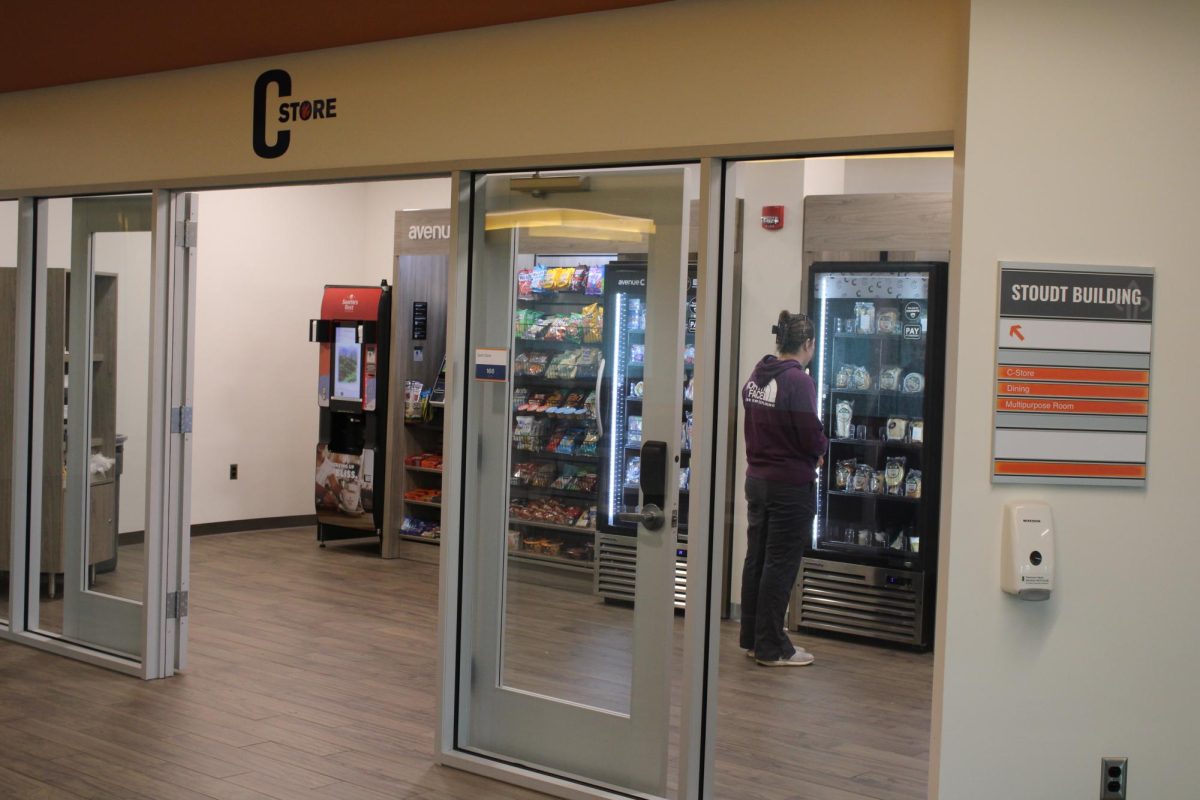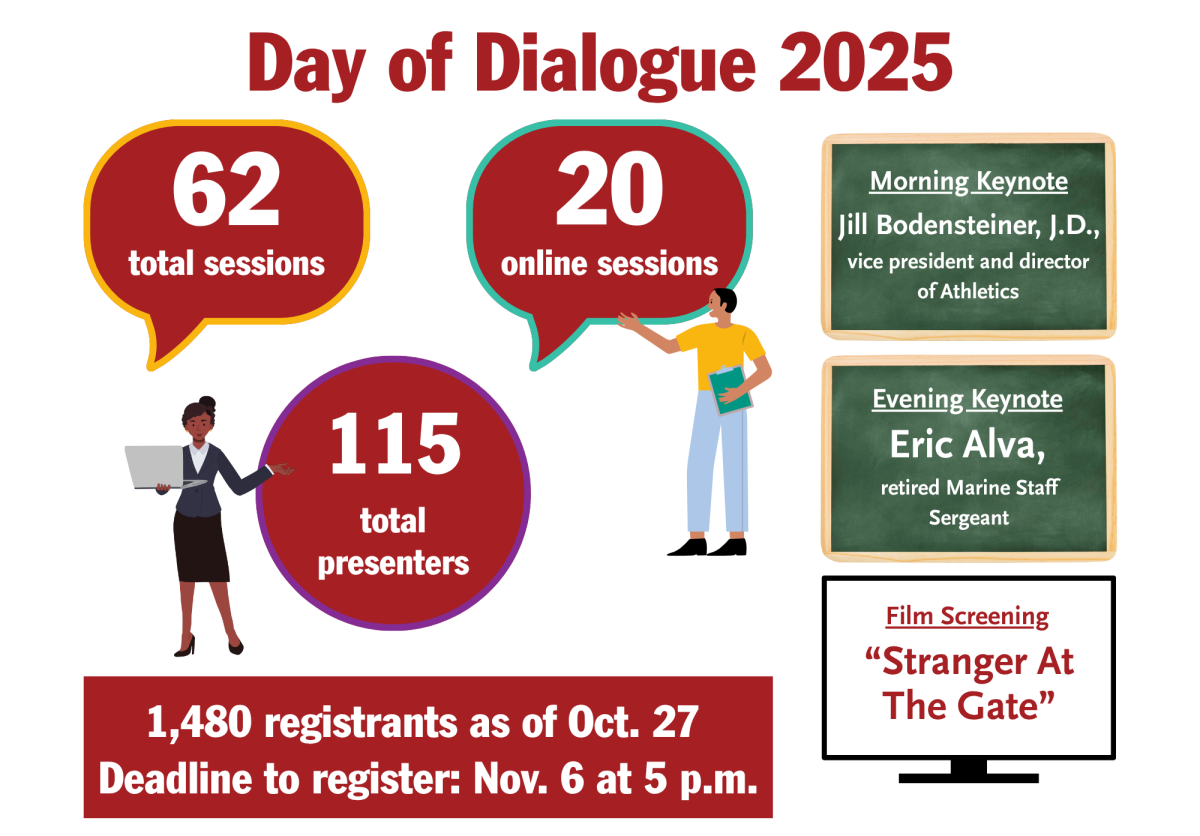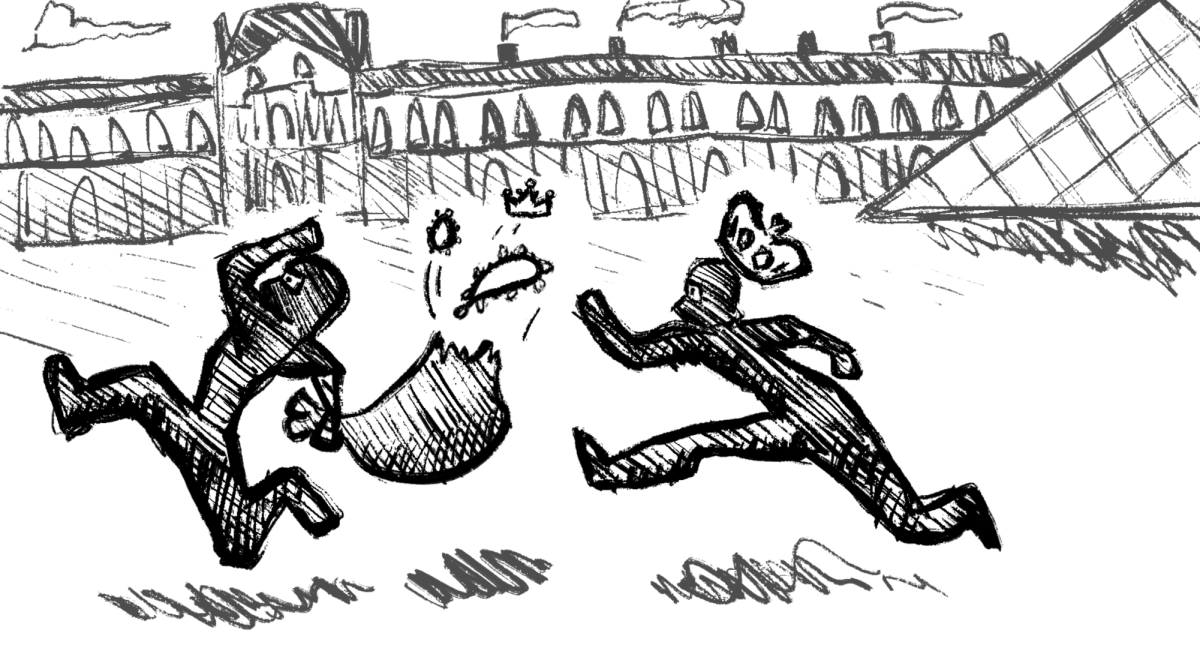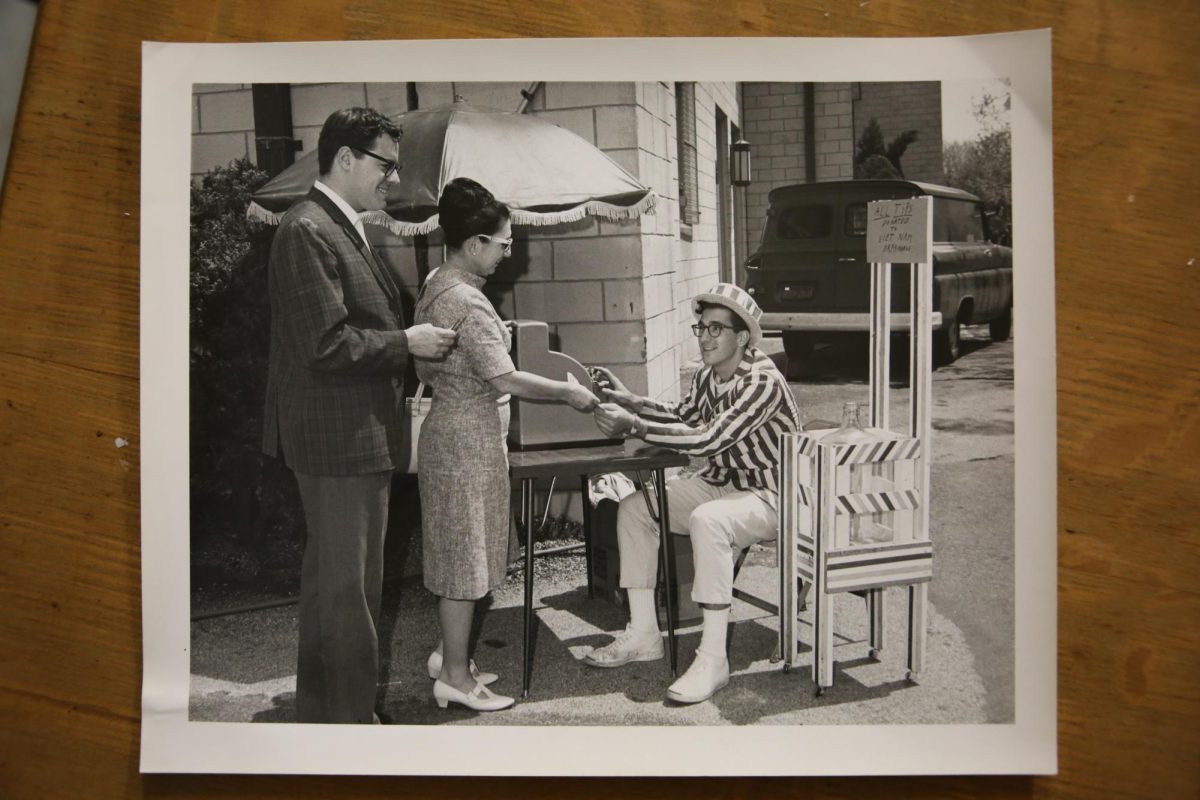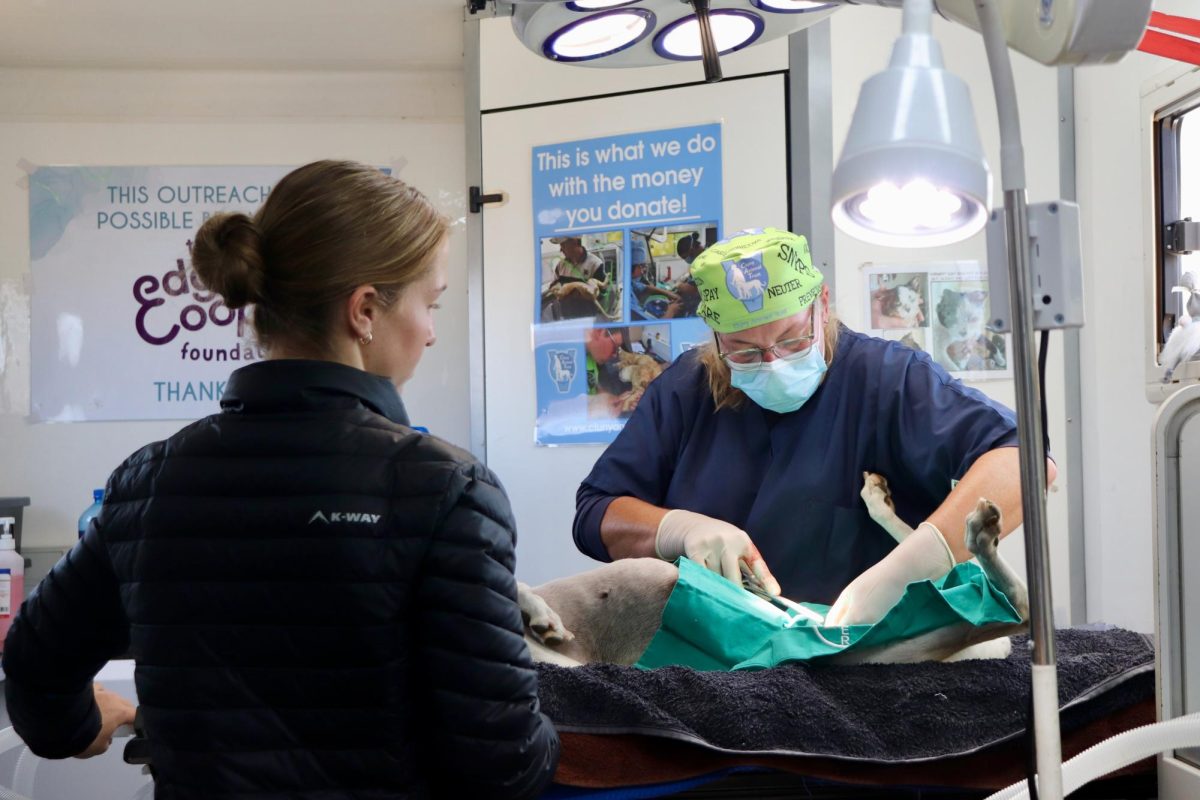Fouriesburg and Mashaeng, South Africa – When his dog, Foster, was hit by a car, Josia Maseko thought he might lose his beloved pet.
Maseko, who lives in the Black township of Mashaeng, took his injured pet to Cluny Animal Trust, a veterinary welfare organization in the nearby town of Fouriesburg, located in the eastern part of the Free State province. The veterinary team operated on Foster, who eventually recovered from his injuries.
“We didn’t have money at that time,” Maseko said. “So they helped us. Without them, I would have lost big boy.”
Like others in the township, Maseko, who has two other dogs, Pepsi and Lola, relies on Cluny to provide his dogs with vaccinations, checkups and dipping treatments for tick and flea protection.
The need is enormous. South Africa has the highest unemployment rate in the world, and over half of its citizens live at or below poverty levels. Pet owners, with love to give amid these hardships, rely on organizations like Cluny for help.
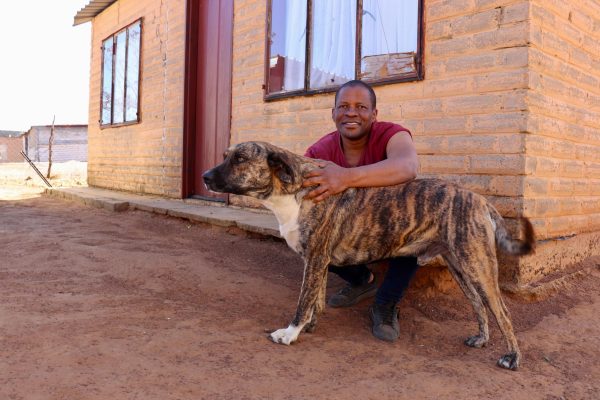
With a full-time staff of seven, Cluny provides veterinary care for companion animals in the communities around Fouriesburg, doing 700 to 800 sterilization surgeries per year. Their goal this year is 1,000.
Cat and dog overpopulation are a significant problem in South Africa. Since opening in 2011, Cluny has sterilized 80% of the 400-plus dogs in Mashaeng, according to Nico Mahlohla, an animal welfare assistant, who has been working at Cluny for eight years. In order to promote pet sterilization and pet owner responsibility, Cluny holds monthly raffles, with hampers filled with pet goods and food as prizes.
“If you really taking care of your animal, and you bring it every month, or every Tuesday the time I’m in the location, then you get a chance to win a hamper,” Mahlohla said.
Pet owners who choose to sterilize their dogs will likely have them operated on by one of Cluny’s two certified veterinarians.
Dr. Elsa van Biljon began working for Cluny after leaving behind the fast-paced city life of Durban, and a much higher salary, where she worked at an animal clinic for 24 years. Van Biljon mentors Dr. Karla Olivier, a veterinarian placed at Cluny for her compulsory community service year, which is required by the state for all health professionals.
Between the two, they can complete 20 to 25 sterilizations per day, on top of their other veterinary duties.
“It’s tiring,” van Biljon said, “but it’s fulfilling.”
Olivier agreed the work can be taxing.
“There’s always some fights you don’t win and some difficult owners,” Olivier said. “But at the end of the day … this is what we want to do.”
Some pet owners prefer not to sterilize their animals because of cultural beliefs or incorrect information. Jan Sander, an animal welfare assistant at Cluny and owner of four dogs, said Cluny’s approach is to focus on the animals and to try to understand where pet owners are.
“The first thing is not to judge,” Sander said. “Nobody wants to be told you’re wrong or you’re this, you’re that. It’s to be kind about it, to try and understand where it comes from. Otherwise you can’t [help].”
Mahlohla, who has a protective three-legged pit bull named Rocky, said the key is patience.
“Even if I’m not happy, I have to be patient all the time,” Mahlohla said. “Even if I see what they doing is not right. I have to talk to them, sit down and then follow up after that to make some changes.”
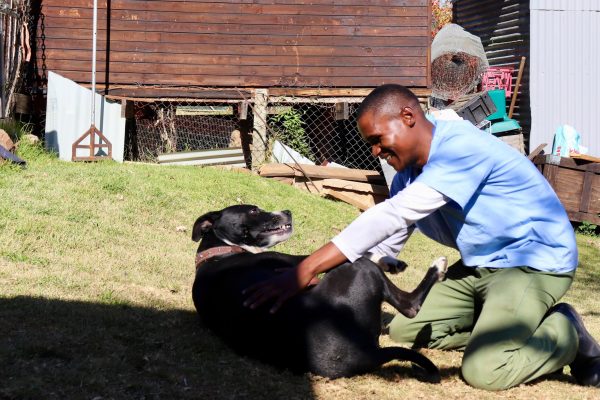
Cluny relies on private funding from various foundations, but additional support comes from a token fee of R2 (US 11 cents) per flea and tick treatment for township residents. Other pet owners in the larger community with higher incomes pay more for services.
“The community has to keep it running,” Mahlohla said. “They have to pay and then be responsible and show more love. That way, the clinic will continue.”
For those who are unable to travel to the main clinic with their animal companions, Cluny uses a mobile veterinary truck, nicknamed Daisy, which is large enough to accommodate up to 11 small animals and has two operating tables.
Mahlohla said before the team does vaccinations, they provide education to pet owners. These lessons are drawn from guidelines from the international Society for Prevention of Cruelty to Animals (SPCA). They include an acknowledgement that animals have feelings, are entitled to freedom from pain, have the right to food and shelter, and are able to express natural behavior.
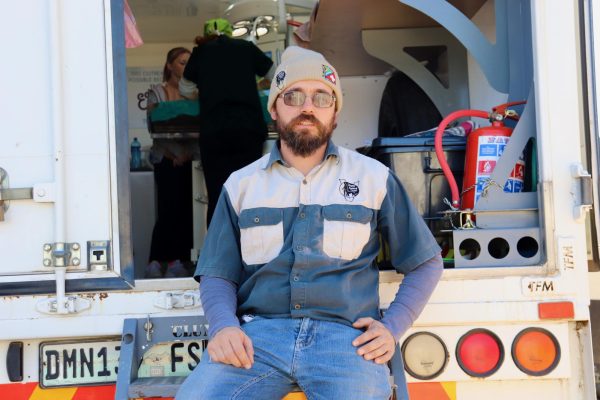
“We base most of our education on firstly feelings,” said Sander.
The battles the team can’t win are hard, but the success stories like Maseko’s are what keeps the staff going.
“They have to continue with the good job that they did for us,” said Maseko as his orange pit bull, Lola, nuzzled against his leg. “Without them, it would be a disaster.”


